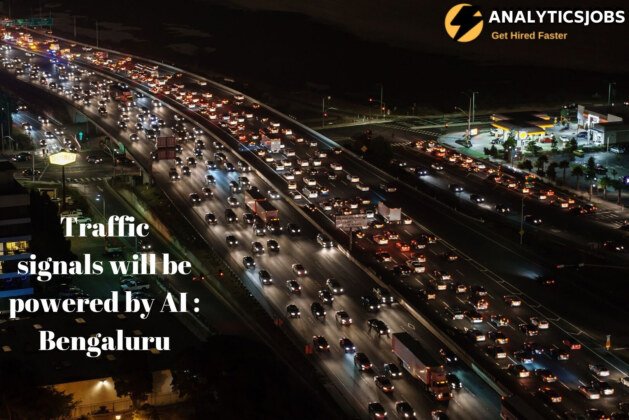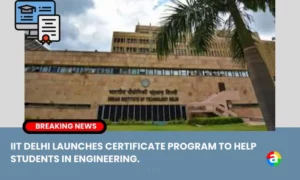Cameras will be installed in Bengaluru which are connected to a strong computer network to study the vehicle density and tell signals to change accordingly with this Traffic Management in Bengaluru will enter the artificial intelligence era. There are 387 traffic lights in Bengaluru which will soon use AI and regulate traffic more efficiently, according to B R Ravikanthe Gowda additional commissioner of police(Traffic).
The new systems, cameras will be able to study the traffic density and according will decide on how much time to allow the vehicles to clear the signal. Currently, there are only 35 traffic lights or 10% of all the traffic lights are adaptive while others have a fixed time-cycle. The new signals consist of built-in AI units that calculate, network and assess with other signals automatically.
“The density of the vehicle is calculated by the cameras and the details are communicated to a central processing unit which, in turn, decide the time given to each junction,” says Gowda. The countdown timer has 2 parts:
- During the waiting time, drivers can turn the vehicle off that will help in saving fuel.
- It gives drivers an idea when they will move, the new system will be more effective he says.
M N Sreehari traffic expert says,“ Signals at the junction must be reset on regular bases by the police. The co-ordination of the signals must be synchronized, For example when the first signal shows green then the next signal should automatically be green this will help the flow of the vehicles non-stop”.
“A compiler box with 64 built-in functions is installed at the junction which offers options like a free left turn. The traffic police should study every compiler box and modifications must be made accordingly,” he says.
“Traffic police lack technical knowledge and may not have the ability to determine how much time a junction needs,” says Dr. Ashish Verma, associate professor, Indian Institute of Science.
Changes must be observed and signals should be updated every 6 months.



